The Big Event: Have direct elections got the X factor?
Politics just got more interesting! The BIG Event was the CSPP All-Party-No-Party Conference in Edinburgh.

I sat in the front rows of the "Have direct elections got the x factor?" session, where the main questions being asked were around the election of a civil leaders and the election of police commissioners. The feedback from the panel suggested the coalition and Eric Pickles are a bit confused about these issues claiming "our public government is rubbish at experimenting".
"City Mayors, elected Health Boards, Police Commissioners – do they have the X Factor? Ex English mayor, top legal brain and elected health board head, face the judges in the live final – will they convince respected academics and political commentators, Richard Kerley and John Curtice?"
Aiden Rave, previously an elected mayor, now the MP for Doncaster North - talked about his experience of being an elected Mayor in Doncaster, where he had tremendous accountability but very little responsibility. This led to people falling out with politics in Doncaster. His learnings from this experience were:
1. You don't get transformative change happening by bolting something onto an existing structure that it wasn't made for
2. For these elections to work you need to change accountability at local level
3. Other roles subject to election too for this way of doing things to have the impact we want it to have
His message to the audience was to take local government back to first principles and I was delighted by his optimistic outlook that now is a better time than any for true innovation.
The group questioned the role of the back bencher. Supposedly, they have nothing to do and they are bored so they do fairly pointless things...I'd been keen to hear you comments on this topic as I have never met a back bencher before :)
Richard ended on a really powerful phrase that got me thinking: 'Power is never given , it is taken'
I think the question we should be asking is : are local mayors a step in the right direction for a renewal for local democracy?
Tom Haplin from SACRO was up next, Tom started out as a young divisional commander in Mary Hill ( where I was last week when I got a lift to my meeting from the train station staff )
Tom began is talk by referencing the Holocaust ; a time when police and politicians wore the same outfit ( literally ) and had the same power. He spoke of the real dangers that present themselves when politics interferes in operational control in policing. Let's make sure we learn lessons from history!
So what do the police think about electing police commissioners? The LGA claim it will add £50 million to running a policing board and ACPO claim it will add £100 million over a 4 year period to run a police authority.
Tom also voiced a fear that people will focus on personality when electing these members therefore the quality of service may be compromised.
Keith Geddes took to the stage, a fellow Scot who put himself forward to be elected for the Fife health board. He began by talking about the birth of the NHS, when the British Medical Association called the concept of the NHS fascist.
62 people in Fife bid to be elected for this position and each of them got 250 words each to sell themselves to a community of 400,000 people. Some of them got an advert in local paper, leaflets and a facebook group. The reality for most of the candidates was a small booklet containing 62 paragraphs of 250 words each. It was uninviting and tedious. It got posted through every citizen's letter box
The moral of his story was: what matters is where your name is in the alphabet! Not what you said or did but what your second name was? The chosen candidates had surnames beginning with 'A' or 'W'. I'll let you work out the rest...
So why do we want to elect policing and health? What has made us feel this way? Will they improve societal impact? Surely, this will only work if people participate?
Questions from the audience:
Can Scotland afford more democracy - yes!! Can elected members be removed? no - only if they are given a prison sentence Is there a public appetite for this? - yes!! Will this way of doing things increase equality? Will people disadvantaged from being part of this process now be involved? Where did this debate come from? Is this all a plot from the big bad government to distance responsibility? Will this help people re-engage with politics? Surely, the past has shown us that new forms of elections do not insure participation.
( hat tip to alex stobart for pointing me in the direction of this event and as the pic would suggest the big event was severely lacking in ladies!! )
What do you think the answer is?

